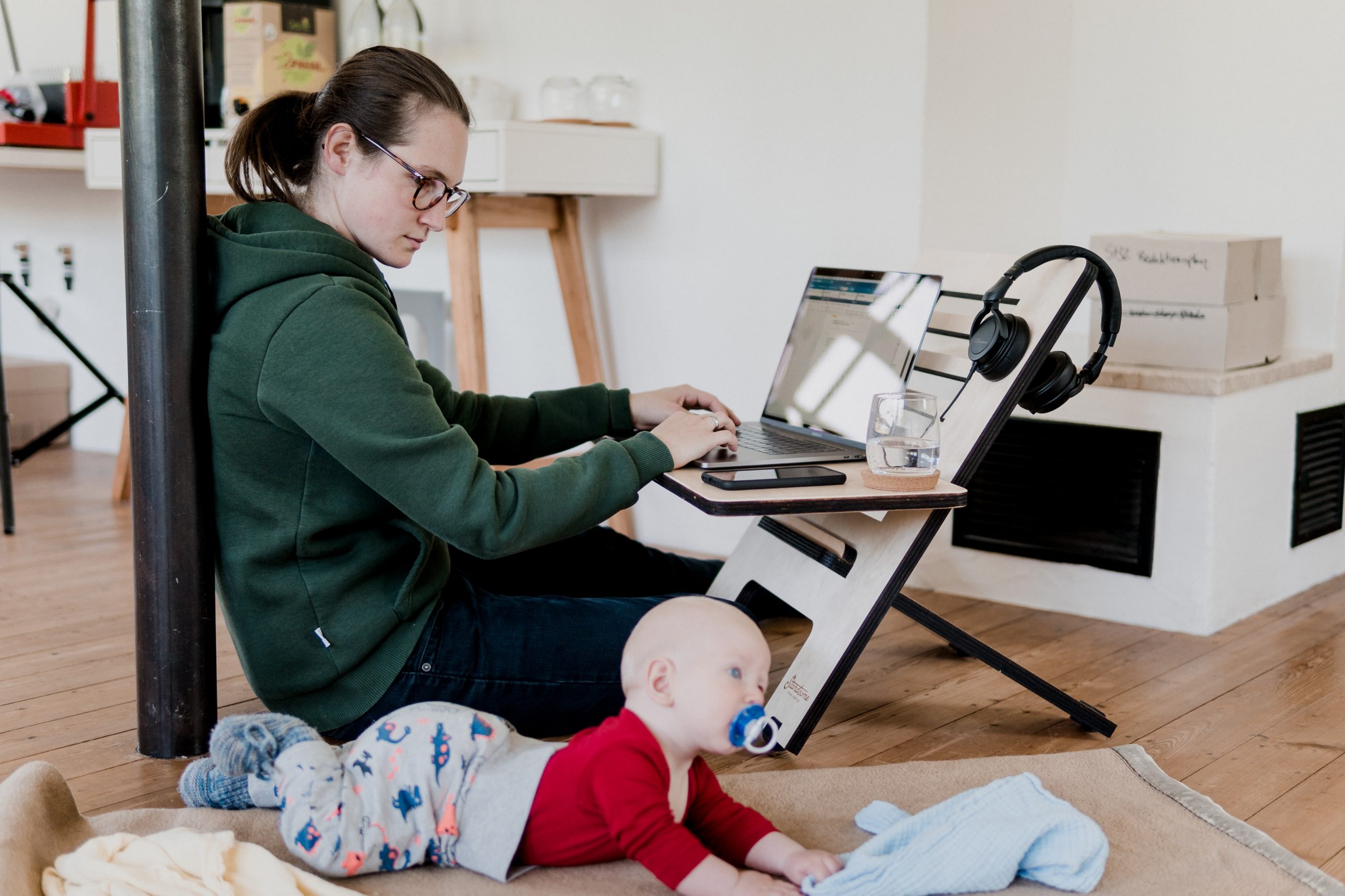Recent debate about the extent to which women opting to continue working from home are undermining their careers is unhelpful. Instead, employers need to take heed of the ‘great resignation’ by delivering fluid and flexible working practices.
The pandemic has prompted many people to question what they want from their lives, and most of us have been left feeling we have too much to do and not enough time. So, it’s perhaps unsurprising that many want to continue working from home.
That more women than men want to continue working from home is due to them bearing the burden of unpaid childcare and domestic chores. Meaning warnings from economists that women must get back to the office, or see their colleagues promoted ahead of them, are unhelpful and could cause many to quit.
Instead, employers need to take heed of the ‘great resignation’ which has already seen a record number of UK employees resign, by upskilling managers to deliver fluid and flexible working practices that allow all employees to thrive both inside and outside of work. Critical to this is eliminating the current bias towards full-time, office-based workers, through rewarding people for their results, wherever they work.
Three ways to create fluid and flexible working practices
1: Recognise there is no ‘ideal’ working pattern
There is no working pattern that is optimal for every single employee. Extroverts might thrive being around people and bouncing ideas off them in the office, while those who are easily distracted might benefit from the quiet of their home environment to complete certain projects.
Similarly, working parents might need to collect children by a certain time, on certain days. Night owls who struggle to start work early may prefer work late. Meanwhile, younger employees might appreciate the freedom to start earlier, so they can leave early to take part in sports or hobbies they enjoy.
What’s more, people’s needs change throughout their career. Big life events, such as the birth of a child, health concerns, a house move, bereavement or divorce, affect how intensively they want to work, where they’ll perform best and when they’ll be available. External factors, such as covid outbreaks, client deadlines and pressure to reduce pollution, will also increasingly influence where we work.
2: Upskill managers to deliver more fluid working patterns
Rather than trying to tie people into fixed working patterns, an increasing number of employers now recognise that people need to thrive outside of work to be at their best when doing their jobs. Ultimately this comes down to allowing people to work in more fluid and flexible ways, where their role allows for this (and to be creative and open-minded when exploring those potential ways).
Critical to delivering this is encouraging and equipping managers to talk to employees about what needs to be done, while building teams based on their skills and what they can contribute. Instead of slipping into the natural tendency to give projects to the people they see in person most often.
It also requires assessing people on results, not hours worked, and continuing to utilise technology, such as Teams and Zoom, so that everyone can regularly have more informal face-to-face ‘water cooler’ conversations with their teammates.
Those who primarily work from home should be encouraged to still have networking days in the office, so they can continue to build the relationships still necessary to progress their careers and stay front-of-mind with decision-makers and influencers in the organisation.
Don’t make homeworking a woman’s issue
The longer employers only offer women parental-transition coaching, long-term paid leave, or make assumptions that new mums (not dads) want to work flexibly or from home, the longer it will take to create real gender equality and diversity in the workplace (and wider society).
Many more men became more involved parents during the pandemic, in ways that started to transform gender stereotypes. For this to continue, flexible and fluid working practices must be promoted to all employees, so everyone is able to work in a way that allows them to thrive both in and outside of work.
Not only is this possible, but it is also desirable as the more rested and happier, both men and women, are with their lives outside of work. The better able they are to perform in work and more motivated and loyal they will become. Conversely, the more exhausted and burnout they are at home, the less energetic, creative and productive they can be in work.









